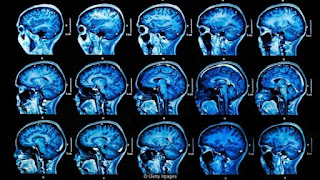When Should I See a Doctor for a Migraine?
Call a doctor or other health care professional if any of
the following occur:
- A change in frequency, severity, or features of the migraine commonly experienced
- A new, progressive #headache that lasts for days
- A headache brought on by coughing, sneezing, bearing down, straining while on the toilet, or other physical straining
- Significant unintentional loss of body weight
- Weakness or paralysis that lasts after the #headache
Go to a hospital emergency department if any of the
following occur:
- Having the worst headache ever, especially if the headache had a sudden onset
- Headache associated with trauma to the head or loss of consciousness
- Fever or stiff neck associated with headache
- Decreased level of consciousness or confusion
- Paralysis of one side of the body
- Seizure
How Can I Tell If I Have a Migraine or Another Type of Headache?
The diagnosis of migraine headache rests solely on what a
patient describes to a doctor or other medical professional. A doctor's physical
examination of the patient typically reveals nothing out of the ordinary;
however, a neurological examination will be performed to rule out other causes
of headache.
Other causes include other types of headaches such as
tension or cluster headache, stroke, tumor, inflammation of a blood vessel, and
infection of the brain's coverings (meningitis) or of the sinuses. In these
cases these tests may be ordered.
- Blood tests
- X-rays
- CT scan or MRI of the head to look for bleeding, stroke, or tumor
- A spinal tap (also called a lumbar puncture) to look for evidence of infection or bleeding
Upcoming #Pharma Event #Alzheimers2018 will be a great platform to present your #research of migraine. Register via: https://bit.ly/2HiY83e to be a part of the conference.




Comments
Post a Comment